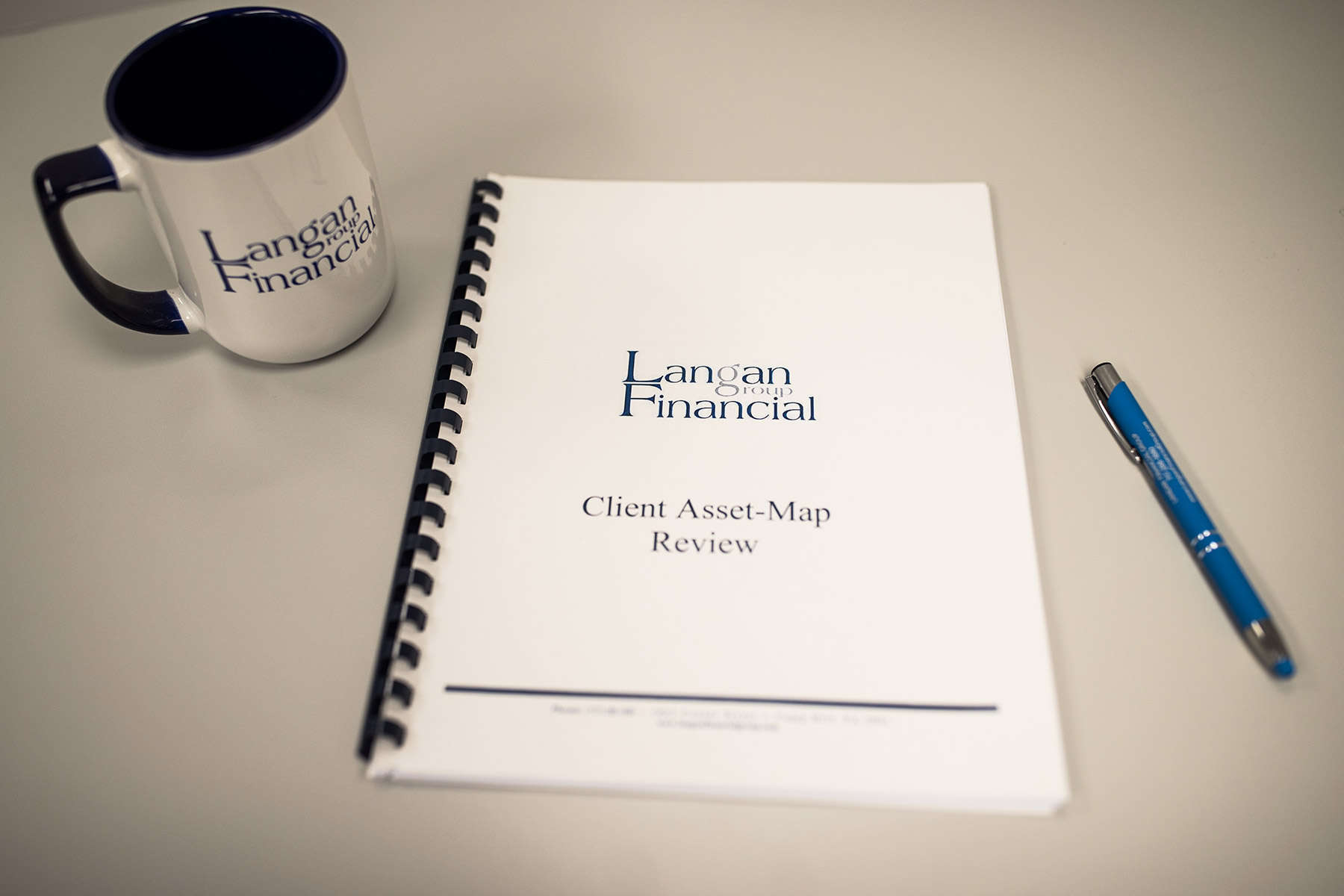Tax efficiency isn’t just a strategy-it’s a wealth multiplier. Consider this: A $100,000 portfolio growing at 8% annually would compound to $466,096 over 20 years without tax drag. But with just a 2% annual tax hit-common for actively managed funds-that same portfolio shrinks to $367,212, a $100,000 difference that could fund years of retirement.
Studies reveal this gap isn’t theoretical. NBER research analyzing 22 years of mutual fund data found tax-efficient funds delivered $10,000+ more per $10,000 invested compared to high-tax-burden counterparts by minimizing capital gains distributions and trading costs.

The Account Advantage: Where You Hold Matters as Much as What
Tax-advantaged accounts act as force fields against IRS erosion. HSAs exemplify this perfectly-contributions avoid income tax, growth compounds tax-free, and withdrawals for medical expenses never face taxation.
For high earners, this triple shield becomes critical: $8,300 in annual HSA contributions (2025 family limit) could grow to $250,000+ tax-free over 30 years, effectively creating a stealth IRA for healthcare costs.
The NBER study underscores how location strategy amplifies returns. Funds prioritizing tax efficiency didn’t sacrifice pre-tax performance-they actually outperformed peers by 0.91 percentage points annually before taxes, challenging the myth that tax-smart means return-poor.
This dual benefit stems from reduced churn; tax-conscious managers trade less, avoiding both transaction costs and taxable events.
Municipal Bonds & ETFs: The Silent Wealth Builders
For taxable accounts, muni bonds serve as interest-generating workhorses. A 3% tax-free yield equates to a 4.6% taxable return for those in the 35% bracket-a gap widening if federal rates rise.
ETFs like Vanguard’s S&P 500 ETF (VOO) compound this advantage through near-zero capital gains distributions, keeping the IRS at bay while tracking market returns. William Blair’s analysis shows such tax-managed approaches preserve 84-94% of pre-tax returns compared to 70-80% for typical active funds.
Timing Is Everything: The Harvesting Edge
Tax-loss harvesting transforms market dips into silver linings. By selling underperformers to offset gains, investors create deductible losses while maintaining market exposure through “substantially identical” replacements.
Fidelity’s models suggest this technique adds 1-2% annually to after-tax returns when systematically applied. The strategy shines during volatility-the 2022 market slump presented harvesting opportunities that could shield gains for years.

The High Earner’s Dilemma: Solutions Beyond the Basics
For top-bracket investors, advanced tactics separate optimal from average outcomes. Donor-advised funds (DAFs) allow gifting appreciated stock to charity, claiming fair-market deductions while avoiding capital gains-a move particularly potent for tech stocks with 1000%+ gains. Opportunity Zone investments take this further, deferring and potentially eliminating taxes on capital gains reinvested in underserved communities.
Morgan Stanley emphasizes tax-aware factor investing, where long-short strategies minimize unnecessary gain realization. AQR’s research found such approaches preserve 90%+ of pre-tax alpha while slowing taxable gain recognition. This matters immensely for private equity or hedge fund participants facing ordinary income rates on performance fees.
The Compounding Truth
The math becomes undeniable over decades. A $1 million portfolio employing tax-smart strategies could outpace its taxable counterpart by $100,000+ every 7-10 years through reduced leakage.
This gap can determine whether families sustain generational wealth or watch it dissipate through unnecessary taxation. With potential TCJA sunsetting in 2025 threatening higher rates, revisiting these strategies becomes urgent-not just prudent-for preserving hard-won assets.
Why Tax Efficiency Is Key to Building Lasting Wealth
Tax efficiency isn’t about avoiding taxes-it’s about respecting their compound impact. From account selection to loss harvesting, each decision either feeds or starves the tax beast.
As the data shows, investors who systemically minimize this drag don’t just outperform-they transform temporary market gains into permanent family wealth.
This version weaves together academic findings, institutional research, and practical strategies to demonstrate tax efficiency’s measurable impact on long-term wealth.
About the Financial Planning Author

Alexander Langan, J.D, CFBS, serves as the Chief Investment Officer at Langan Financial Group. In this role, he manages investment portfolios, acts as a fiduciary for group retirement plans, and consults with clients regarding their financial goals, risk tolerance, and asset allocation.
With a focus on ERISA Law, Alex graduated cum laude from Widener Commonwealth Law School. He then clerked for the Supreme Court of Pennsylvania and worked in the Legal Office of the Pennsylvania Office of the Budget, where he assisted in directing and advising policy determinations on state and federal tax, administrative law, and contractual issues.
Alex is also passionate about giving back to the community, and has participated in The Foundation of Enhancing Communities’ Emerging Philanthropist Program, volunteers at his church, and serves as a board member of Samara: The Center of Individual & Family Growth. Outside of work and volunteering, Alex enjoys his time with his wife Sarah, and their three children, Rory, Patrick, and Ava.
About Langan Financial Group: Financial Advisors
Langan Financial Group is an award-winning financial planning firm with offices in York, Pennsylvania and Harrisburg, Pa.
With over 100+ 5-star reviews, Langan Financial Group is an independent financial planning firm established in 1985, offering a broad range of financial planning services.
With an open architecture platform, our advisors have access to a diverse range of products, free from any sales quotas.
Our team of 9 financial experts, each with unique specialties, enhances our ability to focus on delivering value to our clients.
Disclosure
The content is developed from sources believed to be providing accurate information. The information in this material is not intended as tax or legal advice.
Please consult legal or tax professionals for specific information regarding your individual situation.
The opinions expressed and material provided are for general information, and should not be considered a solicitation for the purchase or sale of any security.
Securities offered through Cambridge Investment Research, Inc., a Broker/Dealer, Member FINRA/SIPC.
Investment Advisor Representative, Cambridge Investment Research Advisors, Inc. a Registered Investment Advisor. Cambridge and Langan Financial Group, LLC are not affiliated.
Cambridge does not offer tax or legal advice.



